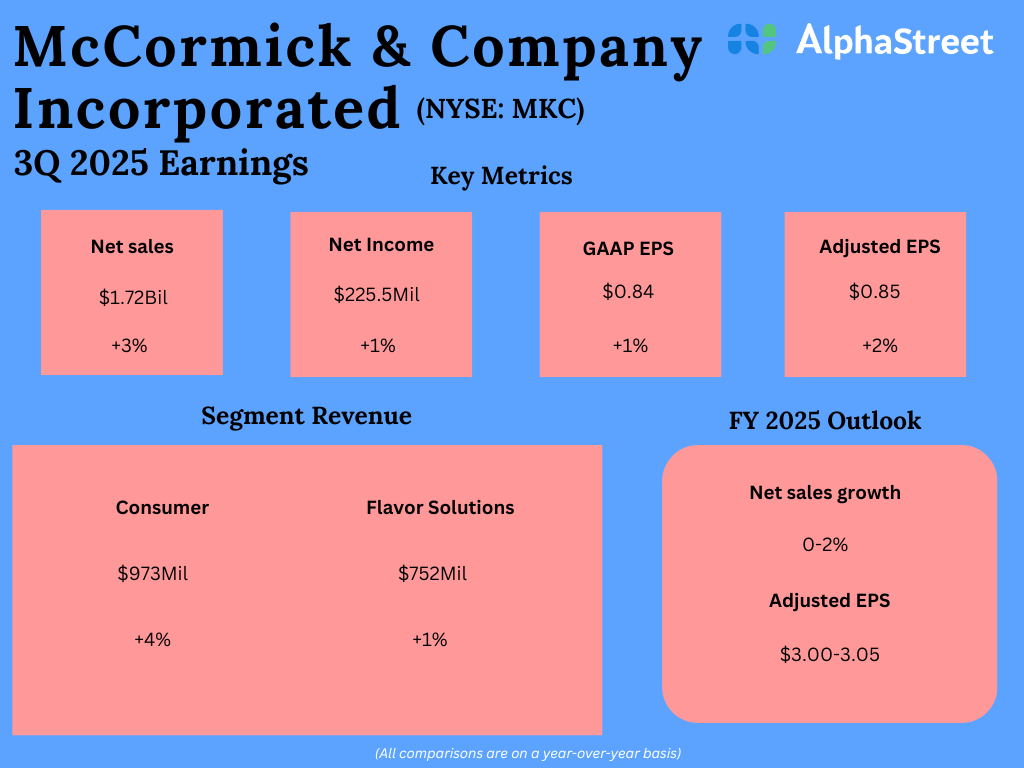No one enters a relationship expecting to argue over who paid for dinner, but for couples with unequal incomes, resentment can sneak in quietly and settle deep. Money resentment isn’t always about selfishness or stinginess. It often grows from unspoken expectations, subtle imbalances, and the social myths we carry about success, worth, and partnership.
You don’t need to earn the same amount to have a healthy relationship, but you do need to understand how different incomes can influence power, decision-making, and emotional well-being. When that dynamic goes unchecked, it starts to cost you something bigger than money: trust, intimacy, and mutual respect.
The Silent Impact of Unequal Earnings
One partner makes $90,000 a year; the other brings in $40,000. That’s not inherently a problem. But what happens when the higher earner starts calling the shots—choosing the vacation spots, deciding when and where to eat out, or buying things without discussing them first? Or when the lower earner starts saying “yes” to things they can’t afford just to keep the peace?
Unequal income can create an invisible hierarchy in a relationship. Even if both partners claim to be “okay” with the imbalance, the financial power gap can show up in small, telling ways—passive-aggressive comments, stress over joint purchases, or one partner quietly taking on more chores to “contribute” in a different way.
Why Resentment Doesn’t Show Up on a Budget Sheet
Money resentment rarely explodes overnight. It builds slowly. It looks like tension over birthday gifts, guilt around spending, or feeling like you’re being judged when you opt for a cheaper alternative. For the higher earner, it might feel like being penalized for their success. For the lower earner, it might feel like they’re always behind, always apologizing for what they can’t contribute.
This emotional toll doesn’t show up in your Mint account or joint credit card statement, but it can destroy emotional intimacy. A partner who feels judged, belittled, or trapped financially can start to withdraw. Communication suffers. Avoidance becomes the new coping strategy. And the relationship becomes transactional instead of supportive.
Power Dynamics in Money Conversations
Let’s talk power. Money equals options. When one partner can afford to leave a job, take a risk, or cover the bills during hard times, it can create a subtle but powerful imbalance. If decisions are always deferred to the higher earner, the lower earner may feel they don’t have a full voice in the relationship. If the lower earner is constantly justifying their purchases, guilt builds. That’s not a healthy partnership. It’s a quiet inequality.
Partners might not even realize how often money determines who “leads.” One person pays for dinner, so they pick the restaurant. One person pays the rent, so they choose the apartment. Over time, this can create emotional debt—a sense that one partner owes the other financially and emotionally.
The Gendered Layer: When Inequality Follows Stereotypes
It’s impossible to ignore how gender plays into this. Women are still statistically more likely to earn less than men, even in dual-income households. That means that many heterosexual couples are navigating unequal earnings that echo traditional gender roles, whether they want to or not.
A woman might feel pressure to “prove” her value in other ways—doing more housework, taking on more emotional labor, or suppressing her frustration just to keep things harmonious. A man, even if he’s the lower earner, might struggle with shame due to societal pressure to be the primary provider. When couples don’t talk openly about these expectations, resentment festers under the surface.

The Myth of “It All Evens Out”
Some couples assume that over time, the financial imbalance will level out. One partner is in school now, but they’ll earn more later. Or someone took time off for caregiving, but they’ll reenter the workforce. These are valid reasons for temporary imbalances, but only if they’re discussed and agreed upon.
Without clarity, one partner can start to feel used, while the other may feel micromanaged. Time doesn’t fix resentment. Communication does.
Rebuilding Trust Through Transparency
So, how do you stop money resentment before it eats away at your connection?
Start with radical transparency. That doesn’t mean you need to combine finances or track each other’s purchases, but it does mean talking openly about income, debt, goals, and feelings about spending. Not just once but regularly.
Revisit your agreements. If one person pays more toward rent, does the other handle more day-to-day costs? Is there shared access to savings? Do you have financial goals you’re working toward together, or is each person operating independently?
Couples who survive financial imbalance do so by making emotional equity just as important as financial equity. They find ways to honor each other’s contributions, even if those contributions don’t have dollar signs attached.
Practical Ways to Protect Against Money Resentment
Budget together, even if your contributions differ. Use percentages instead of fixed dollar amounts so both partners contribute fairly based on what they earn.
Respect all forms of labor. If one person cooks, cleans, or manages the household, that’s value being added.
Avoid “scorekeeping.” If you’re constantly tracking who paid for what, the relationship becomes a competition.
Set boundaries around joint and personal spending. Having separate “fun money” accounts can reduce friction.
Reassess roles and expectations regularly. What worked last year might not work now. Be flexible.
It’s Not About the Money. It’s About Respect.
At the end of the day, money is just a mirror for deeper issues—power, trust, and communication. Unequal earnings don’t doom a relationship. But ignoring the way those earnings affect your dynamic? That’s the real threat. Love doesn’t need to be 50/50 on a spreadsheet, but it does need to feel 50/50 in the heart.
What’s one money conversation you’ve been avoiding with your partner, and what would it feel like to finally have it?
Read More:
10 Hidden Costs Women Shoulder in 50/50 Relationships
10 Financial Sore Spots That Destroy Even The Best Relationships
Riley is an Arizona native with over nine years of writing experience. From personal finance to travel to digital marketing to pop culture, she’s written about everything under the sun. When she’s not writing, she’s spending her time outside, reading, or cuddling with her two corgis.



























